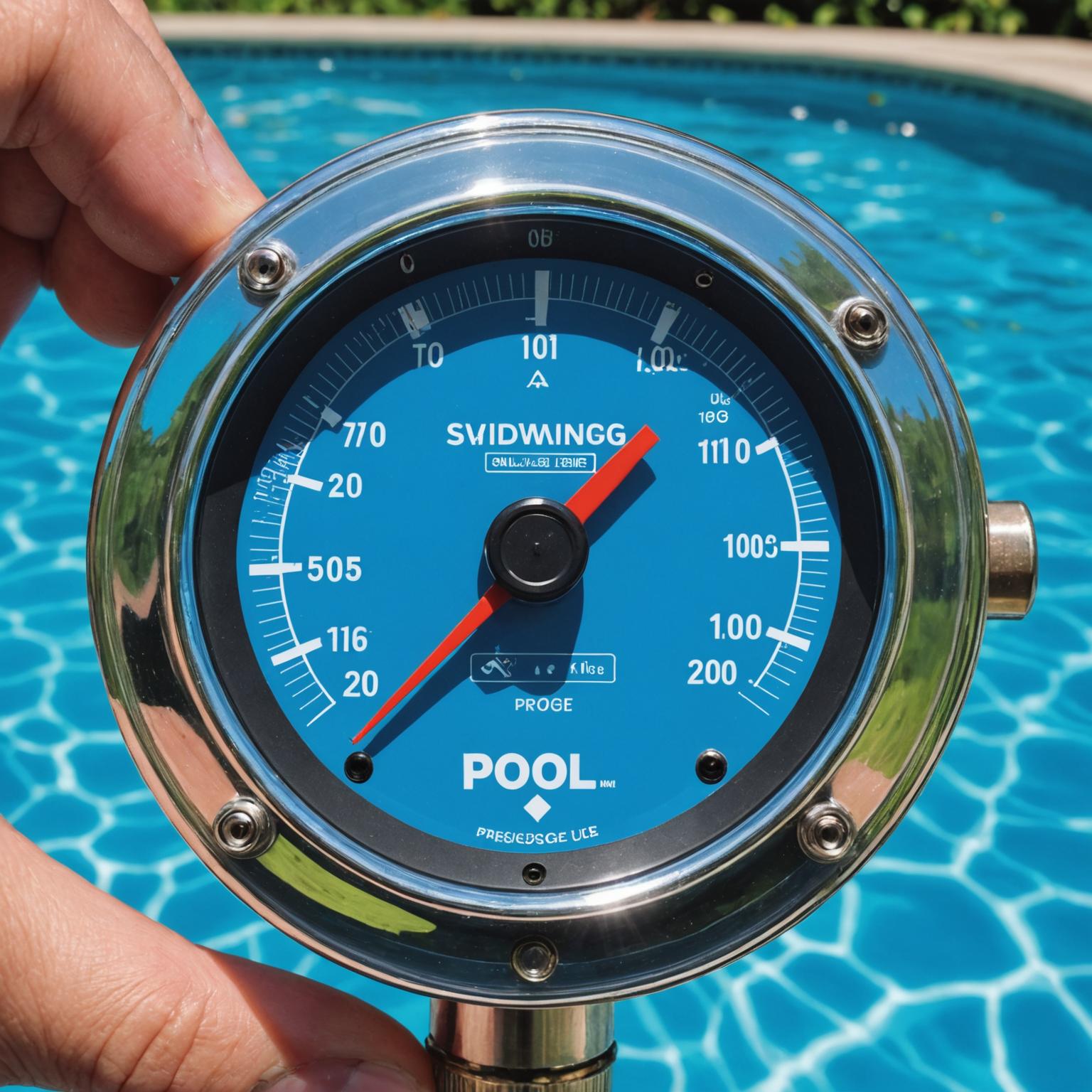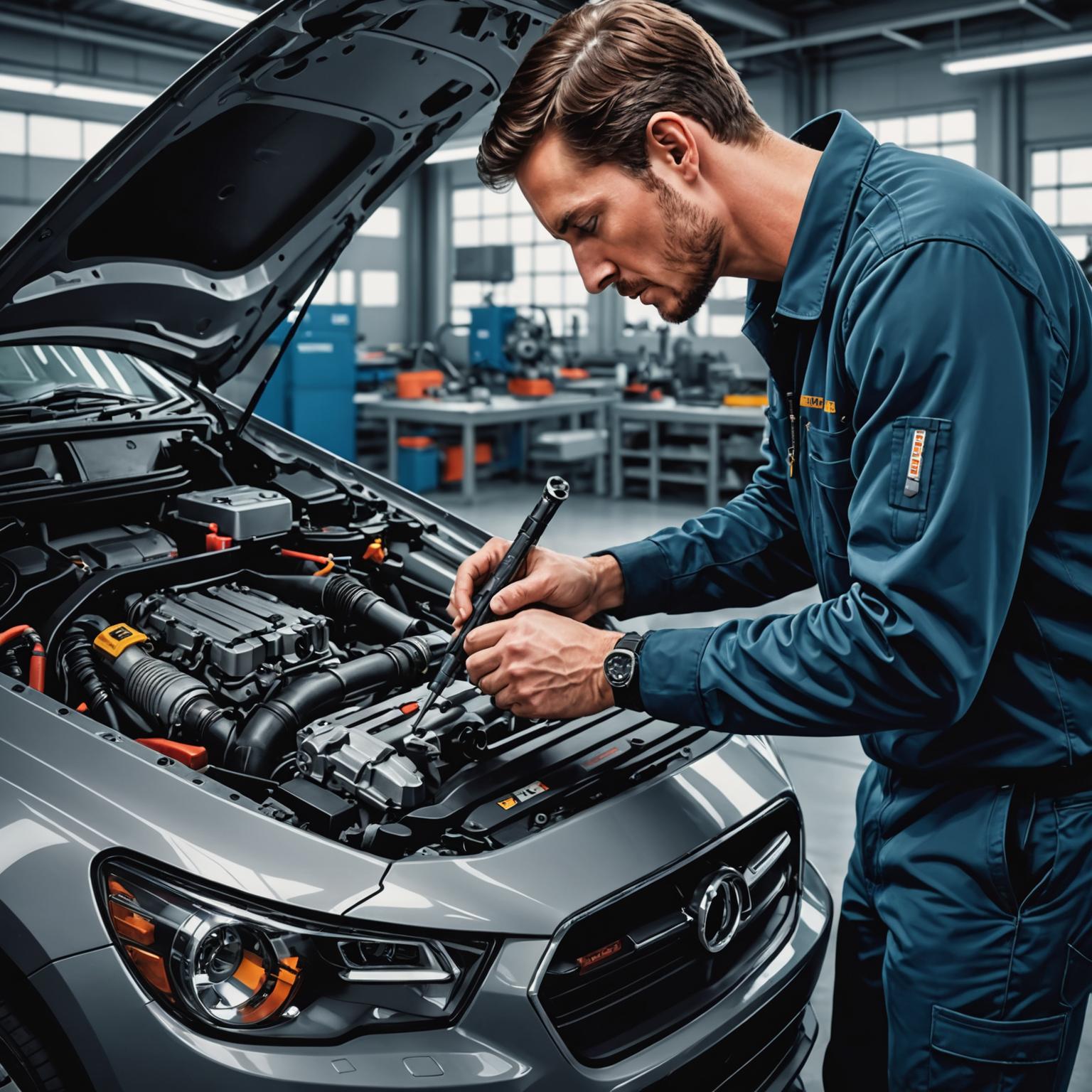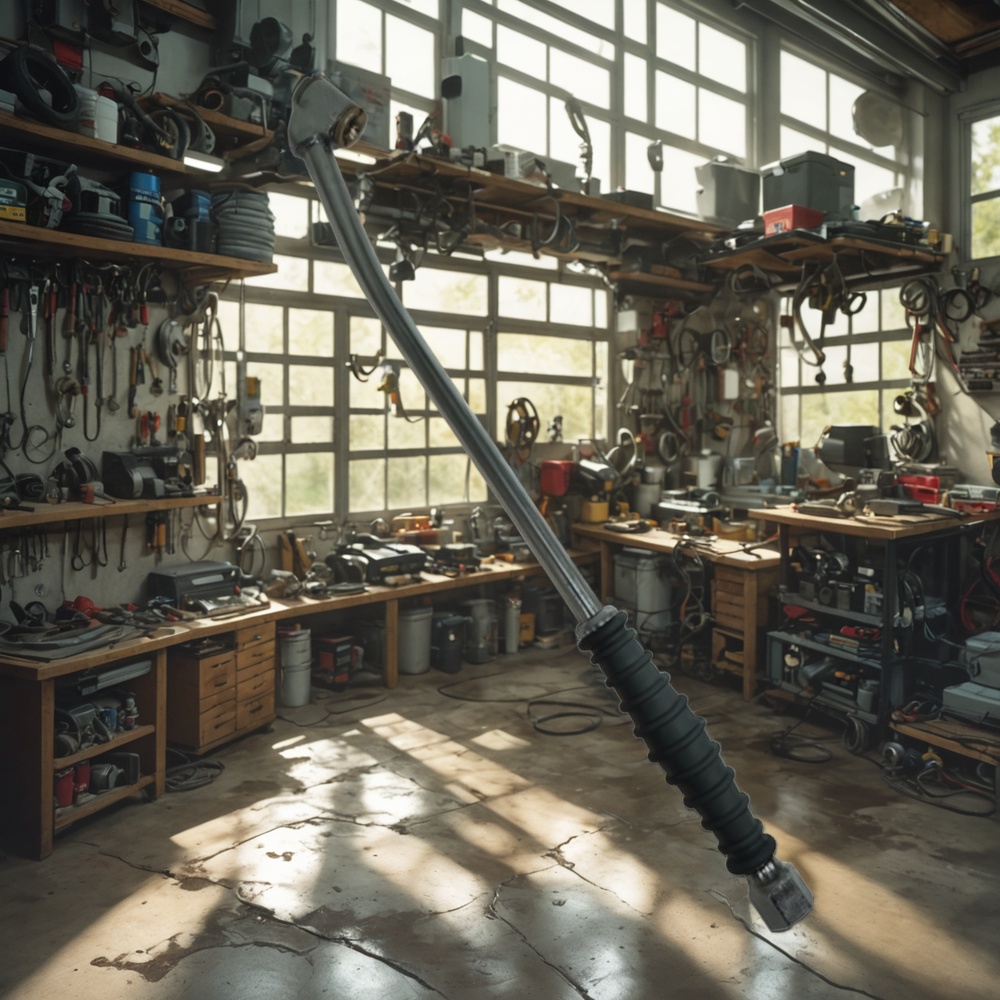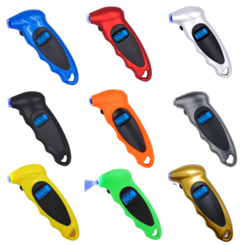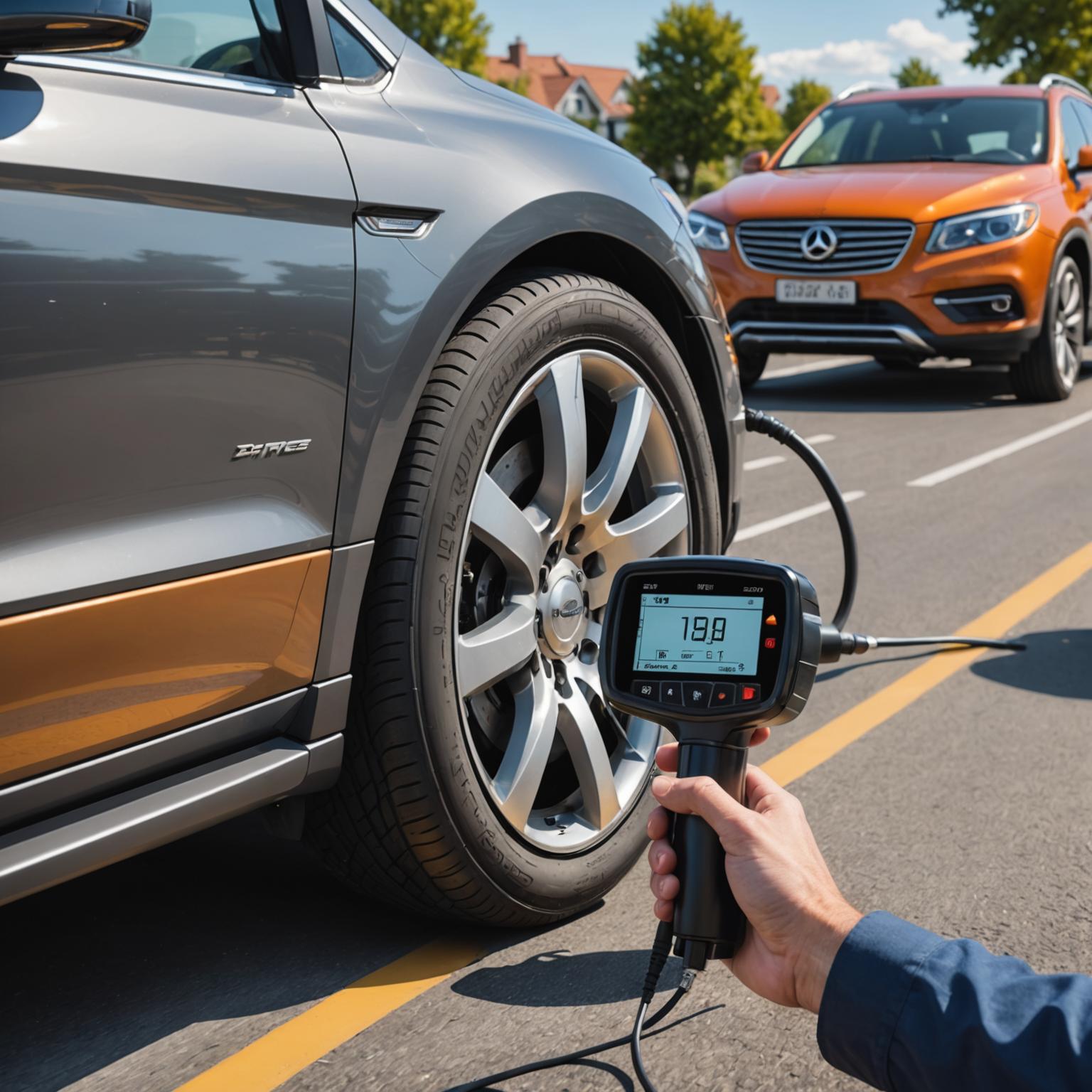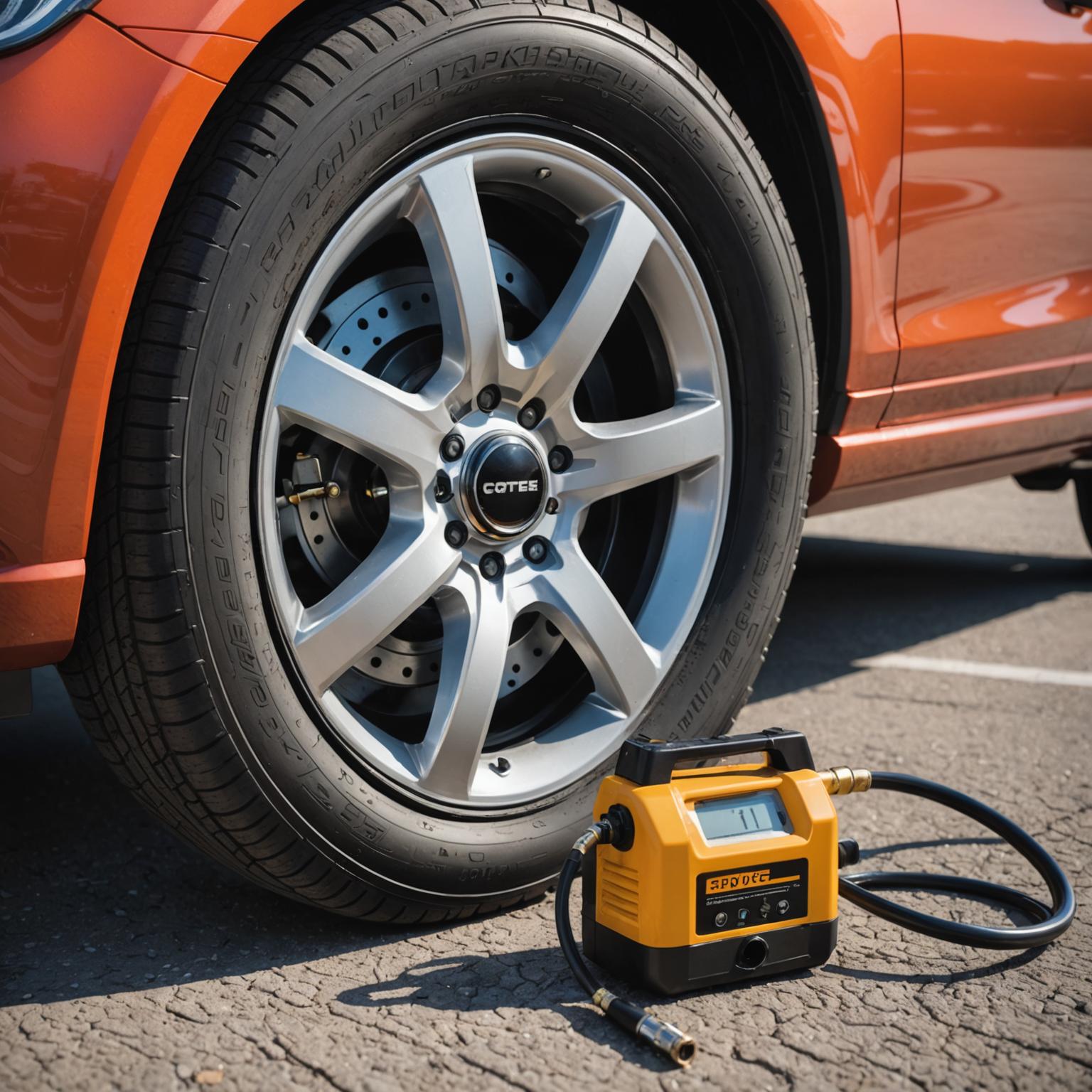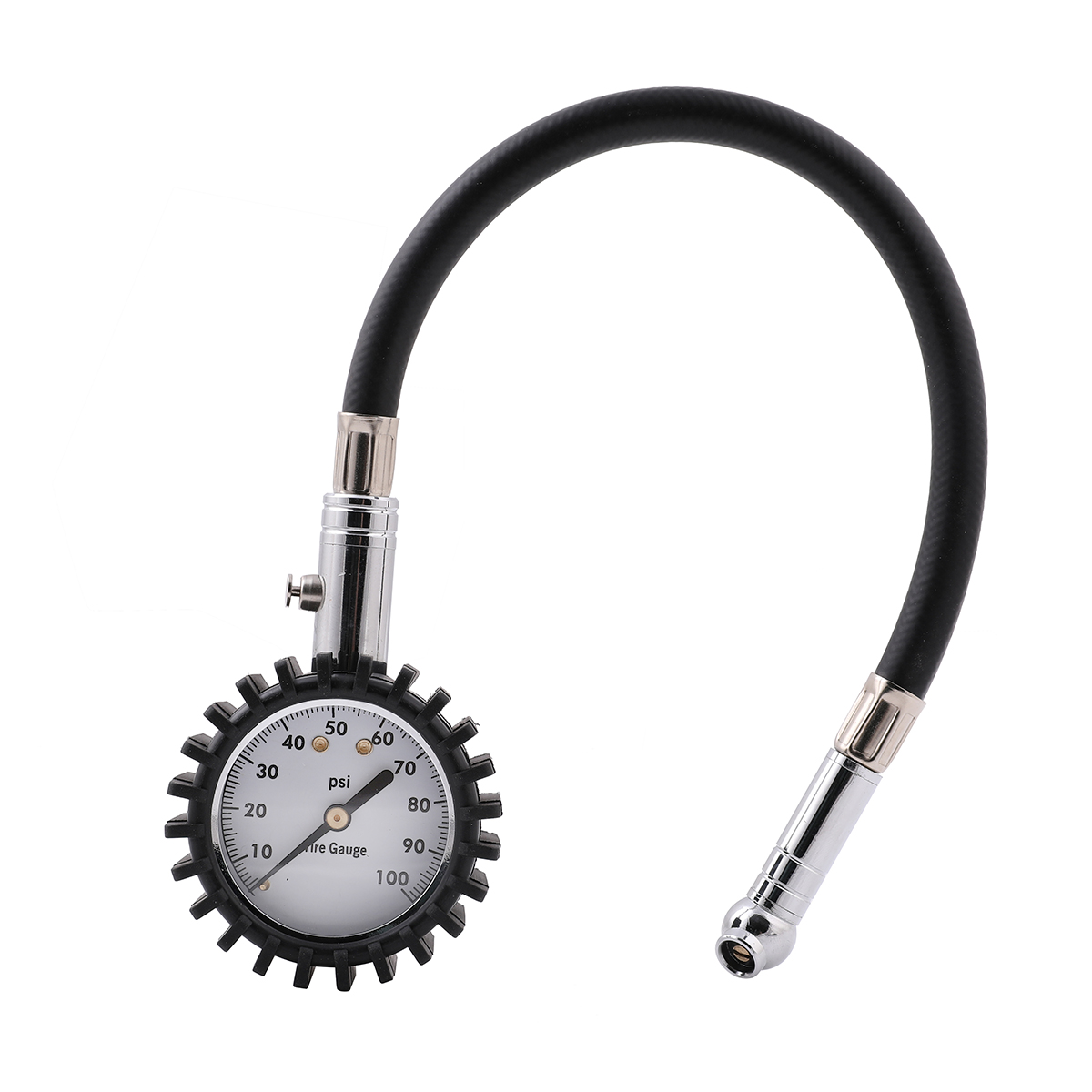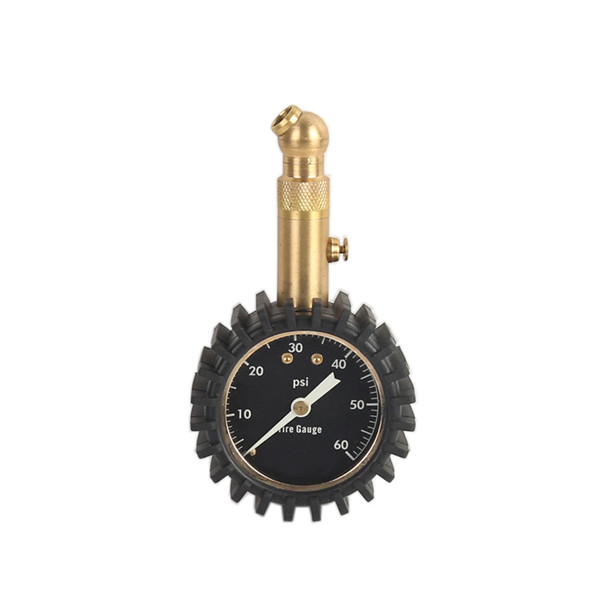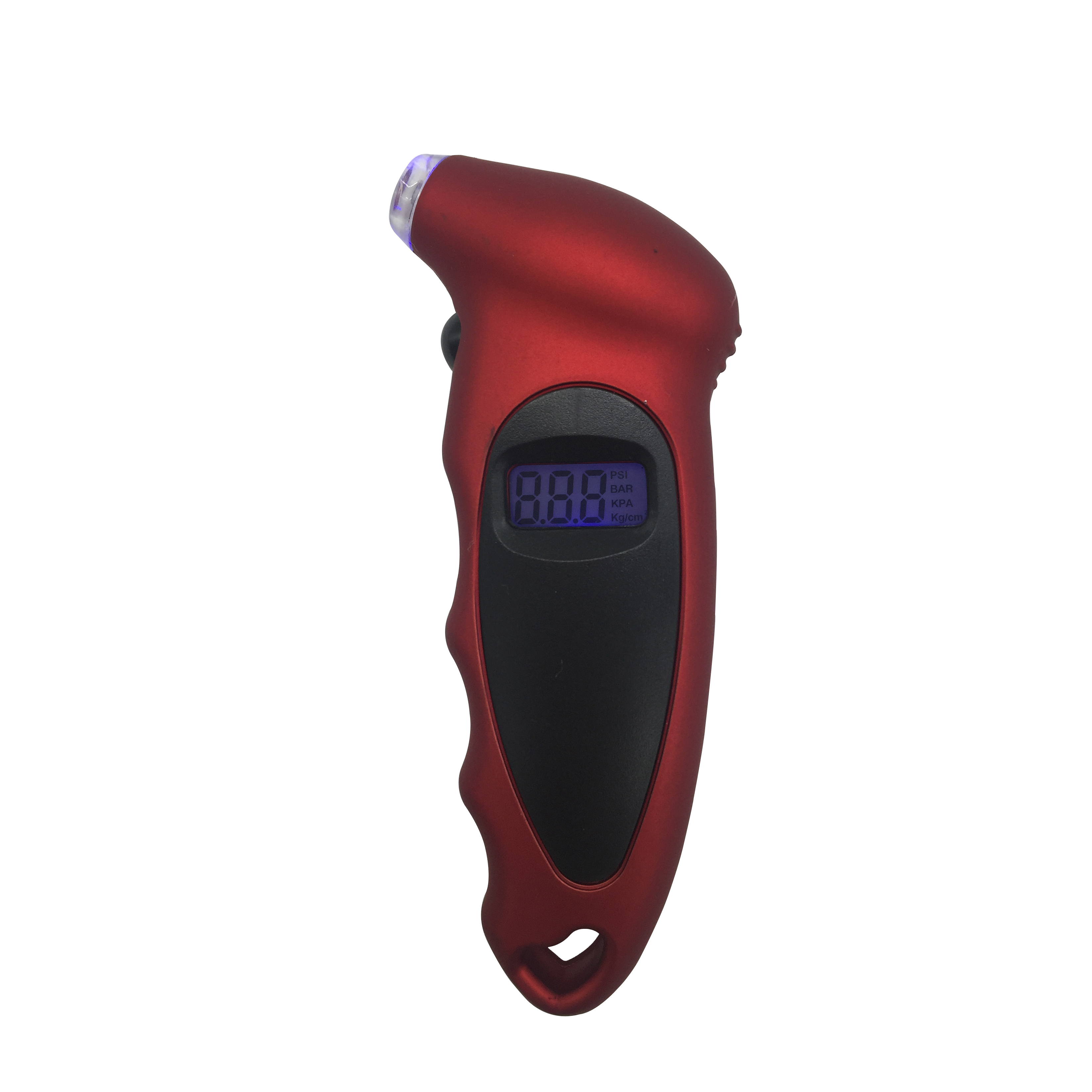Top Fuel - Saving Tips for Your Car
**
In today's world, where fuel prices seem to be on a never - ending upward trend, finding ways to make your car consume less fuel has become more important than ever. Here are some tried - and - true tips that can help you save money at the pump without sacrificing too much in terms of driving comfort.
1. Optimize Your Driving Habits
Smooth Acceleration and Deceleration
Avoid jackrabbit starts and sudden stops. When you accelerate rapidly, your engine has to work much harder, burning more fuel in the process. Instead, gently press the gas pedal and gradually increase your speed. Similarly, anticipate stops in advance and release the gas pedal early to let the car slow down naturally. This way, you're making use of the vehicle's momentum, and it can lead to significant fuel savings over time. For instance, if you're approaching a red light, start easing off the gas a few car lengths before you reach it.
Maintain a Steady Speed
Try to keep a constant speed while driving, especially on highways. Most cars have an optimal speed range where they are most fuel - efficient, often around 55 - 65 mph (88 - 105 km/h) for many passenger vehicles. Fluctuating speeds, like constantly speeding up and slowing down in traffic, forces the engine to adjust its power output frequently, consuming more fuel. Cruise control can be a great tool on long, flat stretches of road to help you maintain a consistent speed.
Limit Idling Time
Idling your car for extended periods is a major fuel - guzzler. If you're going to be stopped for more than a minute or two (such as waiting for someone in a parking lot or at a long train crossing), it's better to turn off the engine. An idling engine can burn a surprising amount of fuel, and this wasted fuel adds up over time. However, keep in mind that restarting the engine also uses a small amount of fuel, so for very short stops (less than 30 seconds), it might not be worth turning off the engine.
2. Keep Your Car Well - Maintained
Check and Maintain Proper Tire Pressure
Under - inflated tires create more rolling resistance, making the engine work harder to move the vehicle. This increased resistance can lead to a significant increase in fuel consumption, sometimes up to 3 - 5% according to some studies. Check your tire pressure regularly, at least once a month, and make sure it's at the recommended level specified in your vehicle's owner's manual. You can easily find a tire pressure gauge at any auto parts store.
Replace Air Filters Regularly
A dirty air filter restricts the amount of air that can enter the engine. When the engine doesn't get enough air, the air - fuel mixture becomes too rich, and the engine burns more fuel to compensate. Replace your air filter as recommended by the manufacturer, usually every 12,000 - 15,000 miles (19,000 - 24,000 km) or more frequently if you drive in dusty conditions. A clean air filter can improve your car's fuel efficiency by up to 10%.
Regular Oil Changes
Using the right type of oil and changing it at the recommended intervals is crucial for engine health and fuel economy. Over time, oil can break down and become less effective at lubricating the engine's moving parts. This increased friction forces the engine to work harder and consume more fuel. Synthetic oils often provide better lubrication and can help improve fuel efficiency compared to conventional oils.
3. Manage Your Vehicle's Load
Remove Unnecessary Items
Every extra pound in your car means the engine has to work a bit harder to move it. Take a look in your trunk and remove any items that you don't need on a regular basis. Tools, sports equipment, or boxes that have been sitting in there for months can all add up to significant weight. If you're not using them frequently, store them at home instead. For example, if you have a set of snow chains in your trunk during the summer months, they're just adding unnecessary weight.
Avoid Overloading
Don't overload your vehicle beyond its recommended capacity. This not only affects the handling and safety of your car but also increases fuel consumption. If you're planning to carry a lot of cargo, consider using a roof rack or trailer designed for the purpose, but be aware that these can also increase wind resistance and fuel use, so use them only when necessary.
4. Use the Air Conditioning Wisely
At Low Speeds, Open Windows
As we discussed in the previous blog about AC vs. open windows, at low speeds (below 35 mph or 56 km/h), rolling down the windows can be more fuel - efficient than using the air conditioning. The engine doesn't have to work as hard to power the AC compressor, and the minimal aerodynamic drag from open windows at these speeds doesn't offset the energy savings.
At High Speeds, Use AC with Recirculation
On the highway, when speeds are 50 mph (80 km/h) or higher, using the air conditioning is often more fuel - efficient. But make sure to use the "recirculate" mode. This mode recirculates the cool air inside the cabin, reducing the workload on the AC system as it doesn't have to constantly cool down hot outside air. Tests have shown that at 65 mph (105 km/h), using AC with recirculation typically reduces fuel economy by only 3 - 5% for most vehicles, which is much less than the drag caused by open windows at these speeds.
Adjust the Temperature Setting
Setting the air conditioning temperature a few degrees higher can also save fuel. For example, instead of setting it to a very cold 60°F (16°C), try setting it to 70 - 72°F (21 - 22°C). The AC compressor won't have to work as hard to cool the air to a slightly higher temperature, resulting in lower fuel consumption.
By implementing these simple tips, you can not only save money on fuel but also contribute to a more sustainable environment by reducing your vehicle's overall fuel consumption and emissions. So, the next time you get behind the wheel, keep these fuel - saving strategies in mind.
